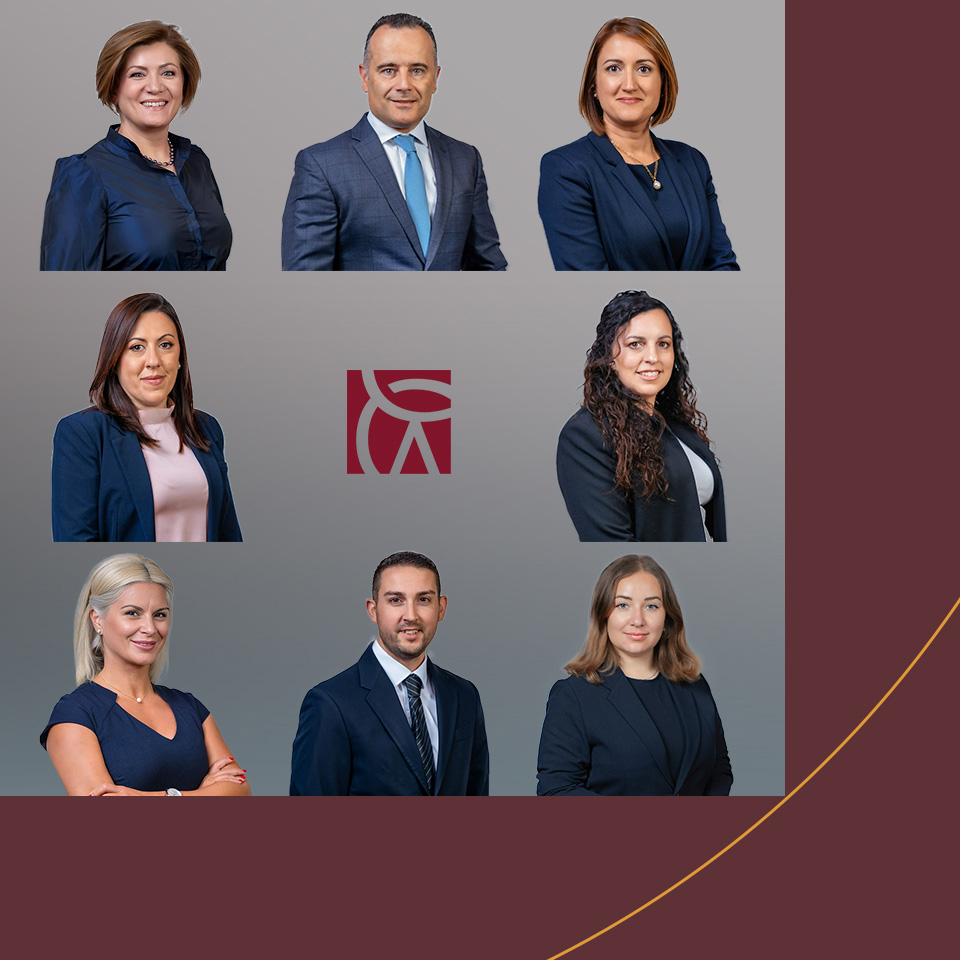Tips to successful Malta Citizenship by Investment Applications
A second citizenship means a safeguard for the future. According to Dr Chetcuti, the steps to ensure a successful application for the Malta Citizenship by Investment is three-fold. These being, understanding the grounds for rejection, working with an immigration law firm and being open and honest with your lawyer.
In a world where political instability is on the rise and economic uncertainty along with it, more and more people are opting for a second citizenship as a means to safeguard their futures. Whilst some individuals have a birth or marriage right to more than one citizenship, others are looking into citizenship by investment as an alternative option. Yet with application rejections on the rise, it is important to establish a solid plan of action to ensure a successful application.
When it comes to citizenship by investment programmes, importance is not only placed on economic requirements, but also on the due diligence process which is a significant factor on whether an application is approved or not. According to the Fifth Annual Report on the Individual Investor Programme of the Government of Malta, more than one third of Malta Citizenship by Investment applications submitted between July 2017 and June 2018 were rejected. In fact, out of the 330 applications submitted, only 223 were approved.
Dr Jean-Philippe Chetcuti, Chetcuti Cauchi Advocates’ Senior Partner for Global Residency and Citizenship, explained in an interview with IMI Daily that contrary to public perception, whether or not a Maltese citizenship application is successful is predictable. The question is, how do we reconcile this statement with a high rejection rate? He further explained that if the applicant were to follow a set of specific steps, his or her application is more likely to succeed.
Get in touch to find out more
Therefore, what are the steps that one can take to ensure a successful application? Dr Chetcuti explained that these are threefold: understanding the grounds for rejection, engaging an immigration law firm, and being open with your lawyer.
Step 1: Understanding the Grounds for Rejection
The eligibility criteria for the programme are found in Article 5 of Individual Investor Programme of the Republic of Malta Regulations, 2014 and are very straightforward in nature. Amongst these criteria, one finds that applicants or their dependants cannot be the subject of a criminal investigation or have a serious crime forming part of their criminal record. Furthermore, if the applicant or any of his/her dependants are persons listed with the International Criminal Police Organisation (INTERPOL), or they are or may be a potential threat to national security, public policy, or public health, rejection is also likely. In this respect, it goes without saying that submitting information, which is either inaccurate, false, or incomplete, will most likely derail one’s application.
Step 2: Working with an Immigration Law Firm
Another point which Dr Chetcuti emphasises in the interview is the importance of working with an immigration law firm. The reason for this is that by virtue of the Professional Secrecy Act, Chapter 377 of the Laws of Malta, the relations between the immigration lawyer and the prospective applicant are covered by lawyer-client privilege. In addition to this, a team of immigration lawyers, such as ourselves, can also assist interested individuals in a more holistic manner and are well-versed on all the applicable immigration legislation as they are up to date with any amendments promulgated affecting this sector. Such a law firm would allow more flexibility in helping a client with all his/her needs surrounding immigration.
Step 3: Being Open and Honest with your Lawyer
This ties in with the third step, that is, being as open as possible with your lawyer. The lawyer is there to ultimately safeguard your interests so it is in your best interest to be honest and open and to not omit information which might be of detriment to your application. Notably, as Dr Chetcuti highlighted, the fact that such relations would be covered by professional secrecy and the lawyer is bound by a code of ethics enshrined in the law, gives applicants the peace of mind that they can be honest and open with their immigration lawyer.
Chetcuti Cauchi Advocates’ CIP Due Diligence Index
Dr Chetcuti’s advice comes in light of the recent concerns of the European Commission with regard to investment migration, such as security risks, the potential for money laundering and the circumvention of taxation laws. However, as evidenced by Chetcuti Cauchi Advocates’ CIP Due Diligence Index, the exceptional level of due diligence undertaken by the industry more than caters for these risks. The index is based on the firm’s international experience in compiling CIP application files and research carried out. The assessment criteria are five-fold: Identification, Financial Due Diligence, Clearances, Enhanced Due Diligence, and Reputation, with a score out of 100 for each criteria.
Download the Due Diligence Report
The Index determines from its research that most countries introducing a citizenship by investment programme have been efficient in developing unparalleled due diligence practices. Citizenship Investment Units (CIUs) collect all necessary information on who is applying for citizenship, the source of their funds, total net wealth and how this was built, their reputation, and the legitimacy of their business, as well as assets and income. Further safeguards are placed to ensure that if incriminating evidence is brought to light after the application has been approved, that particular individual’s citizenship can be revoked. Malta ranks first of all countries analysed with an overall score of 100.
Malta Individual Investor Programme (MIIP) as the Epitome of Due Diligence
As a citizenship by investment programme which offers a passport that gives successful applicants a gateway to the EU Schengen Area, it is understandable that Malta upholds high levels of due diligence and an approach leaning more on the cautious side. This does not mean that the rejection rate is due to some ‘attitude on the part of the government’, states Dr Chetcuti.
The rate of approved vis-à-vis the rejected applications to the MIIP is explained, rather, through the four-tier due diligence approach that is adopted by the Maltese authorities. The first tier is a standard Know Your Client (KYC) due diligence through the use of international databases. The second tier is the process of obtaining clearance from the Police Authorities through comprehensive checks. Through the third tier, the IIP Unit ensures that the application is complete, correctly submitted, and with no missing documentation. The fourth final tier involves the outsourcing of due diligence where the agency commissions two reports from international companies on each family and all information is reviewed both internally and externally. The due diligence process also involves what is known as the ‘Internal Risk Matrix’, which is a model against which the liability of each applicant is assessed. This also includes checking whether the applicants are Politically Exposed Persons (PEPs). Any past or present inclusion on sanctions and watchlists is also uncovered.
As we have seen, Malta’s approach to accepting MIIP applications is a cautious one. It is cautious in the sense that it adopts strict and high levels of due diligence, both through its four-tier approach as well as through the application of the Internal Risk Matrix. These levels of due diligence have led to the MIIP being the only programme of its kind which was given the stamp of approval by the European Commission. This, however, should not discourage a prospective applicant from opting for this programme, but rather instil a resolve to be forthcoming with his or her lawyer. The three steps discussed were formulated by the firm’s experienced Residency and Citizenship team which has extensive expertise in the field and boasts a high success rate.
For more information or advice regarding an MIIP application, get in touch with us and our team will assist you every step of the way.
Copyright © 2025 Chetcuti Cauchi. This document is for informational purposes only and does not constitute legal advice. Professional legal advice should be obtained before taking any action based on the contents of this document. Chetcuti Cauchi disclaims any liability for actions taken based on the information provided. Reproduction of reasonable portions of the content is permitted for non-commercial purposes, provided proper attribution is given and the content is not altered or presented in a false light.













